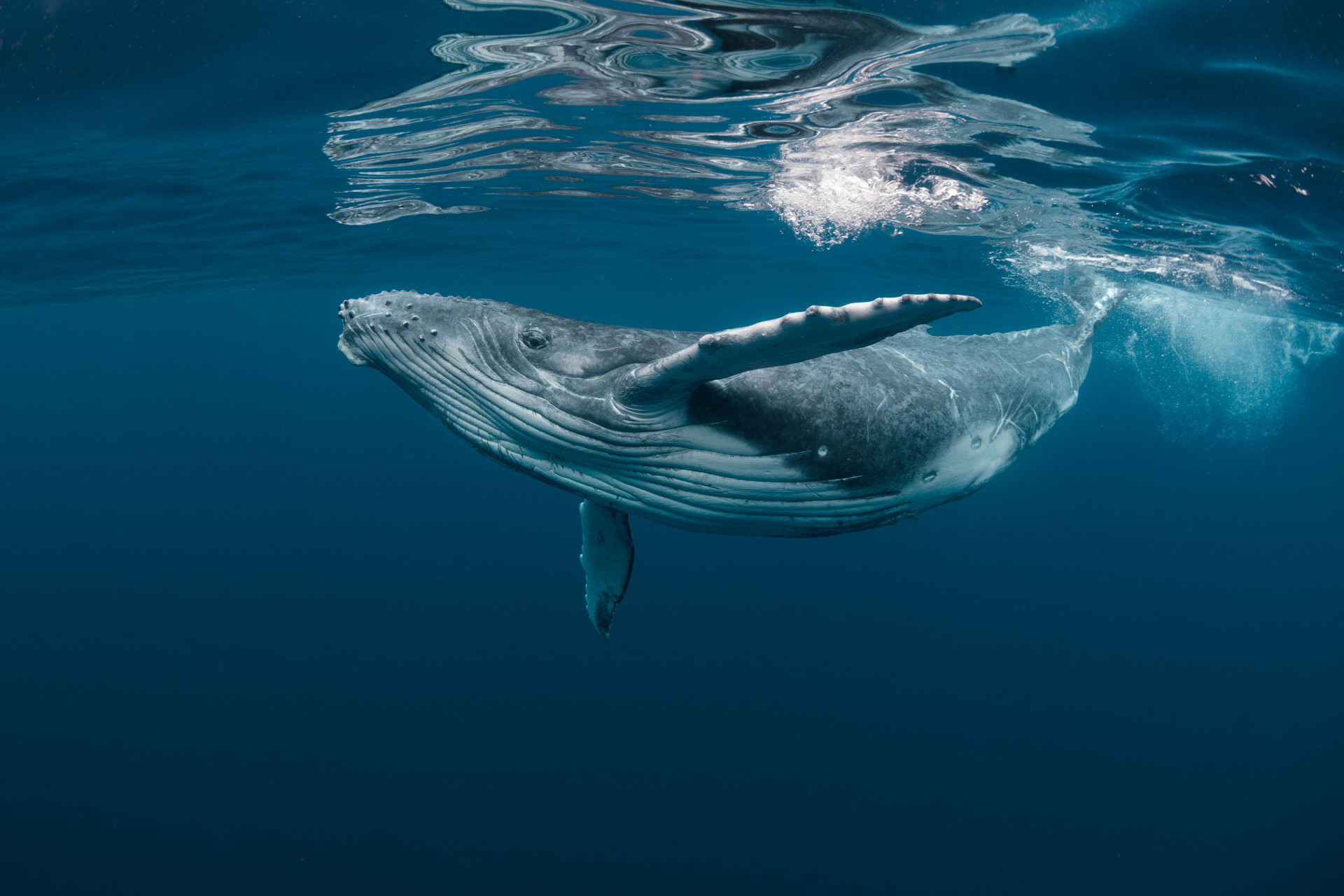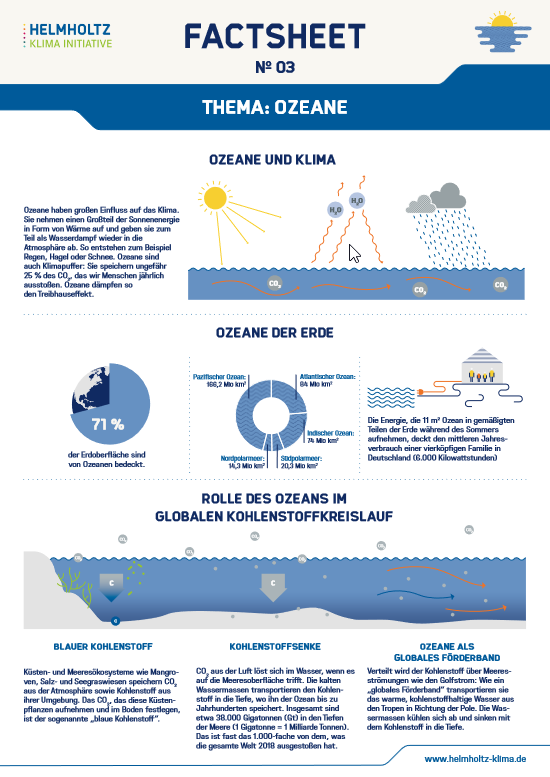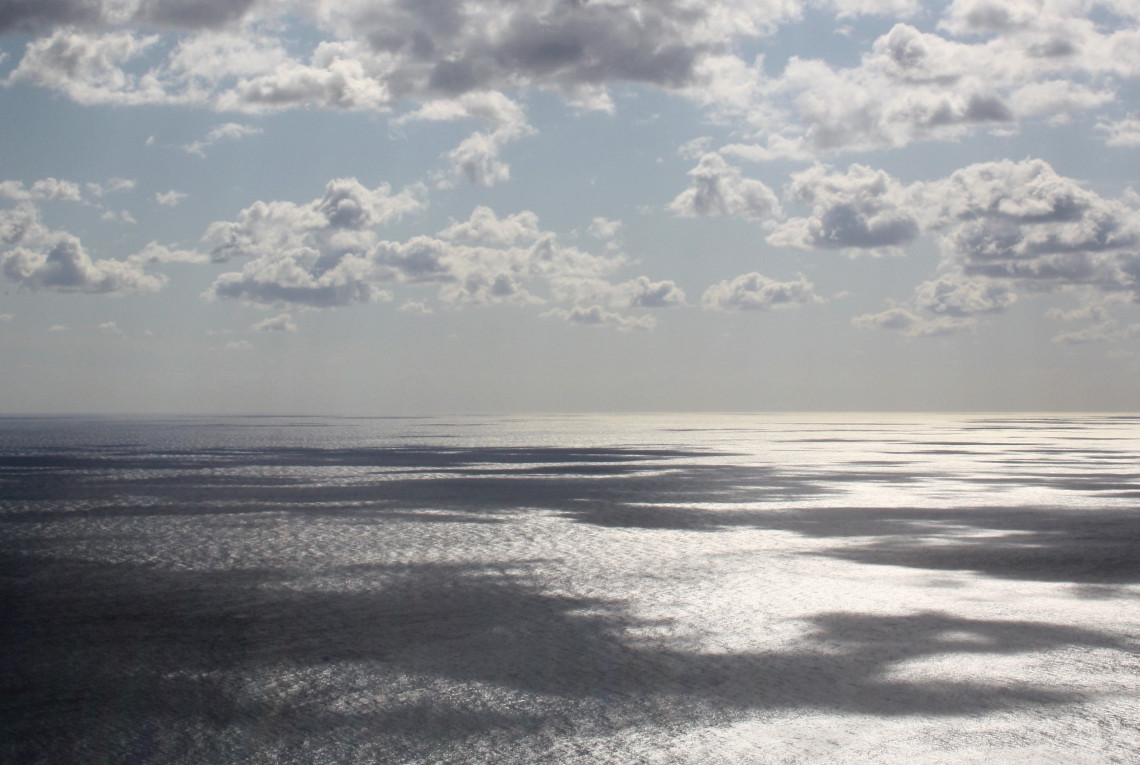Global leaders discuss ocean policy
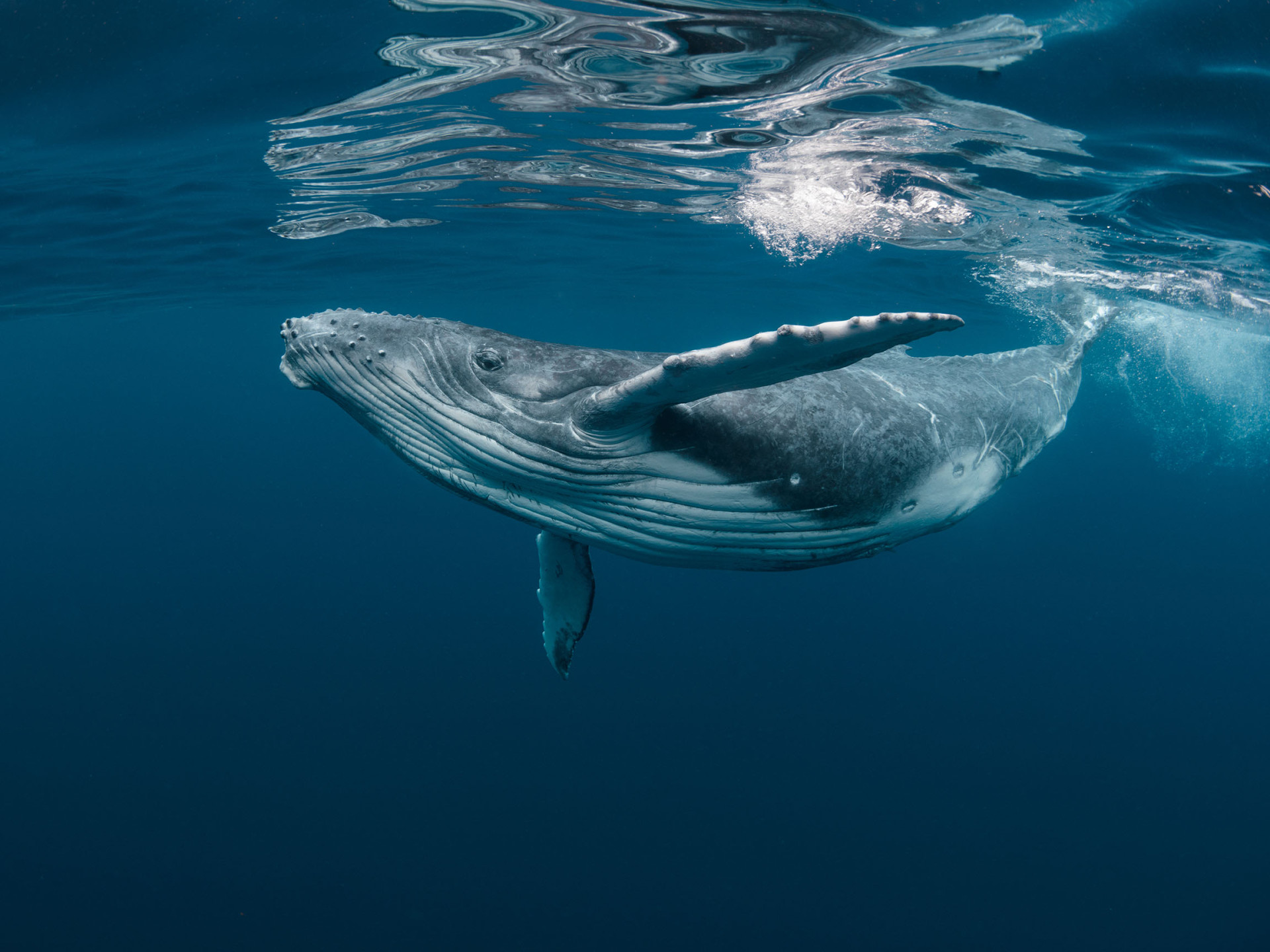
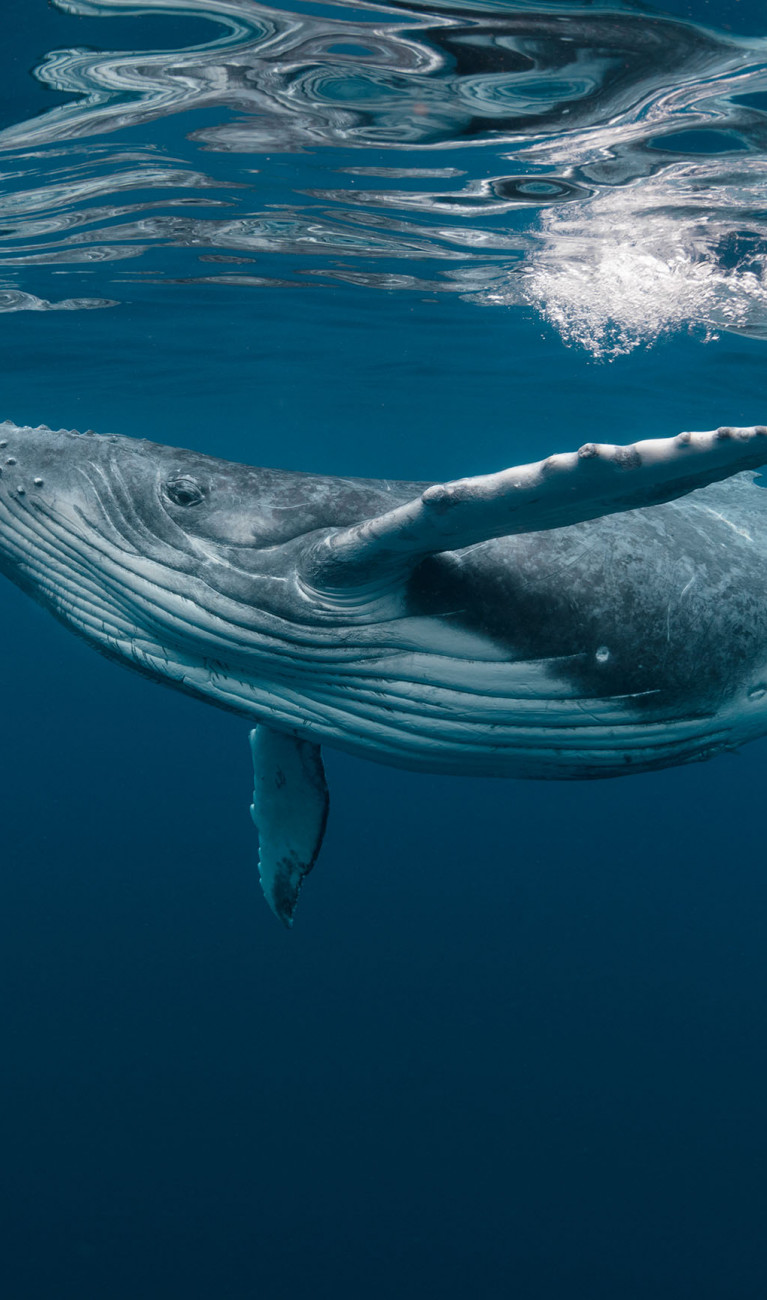
Overfishing, acidification, warming, pollution, extinctions and rising sea levels: Our oceans are in critical condition. At the United Nations Ocean Conference in Lisbon and the G7, experts and politicians discussed solutions. What steps should countries take to protect the oceans, and how would this benefit the climate?
The oceans occupy two thirds of the surface of our “blue planet” and play an important role in stabilizing the climate and human civilization. They strongly cushion climate change by storing 93 percent of the heat and 25 percent of the carbon dioxide (CO2). However, that has side effects that pose a growing threat, with sea levels rising and an increase in marine heat waves. Moreover, the warmer and more acidic water reduces the ocean’s ability to absorb CO2 and oxygen, affecting oceanic cycles, biodiversity and ecosystems, all of which have significant effects on climate.
In the 150 years since the beginning of the Industrial Revolution, the oceans have become one-third more acidic and much poorer in oxygen. Sea ice is disappearing in the polar regions due to warming, and sea-level rise is accelerating. The Earth system has been changing dramatically since then.
It is thus no wonder that the importance of the oceans is currently a subject of high-level political discussions. For example, the Group of Seven major industrial nations (G7) now intends to sharpen its focus on protecting and exploring the oceans by fulfilling the G7 Ocean Deal. At the same time, Portugal and Kenya co-hosted the second UN Ocean Conference in Lisbon from June 27 to July 1, two years later than planned due to the pandemic. The conference addressed ocean conservation, including climate action, reducing pollution, sustainable use, ocean observation, forecasting and international scientific cooperation.
Protecting life underwater is one of the most important global development goals for the United Nations, enshrined in Sustainable Development Goal (SDG) 14.
Government representatives emphasized the urgency of action in their joint Lisbon Declaration. The crucial issue, however, is how ocean conservation can be implemented more effectively than it has been thus far. In spite of international maritime law and treaties, many remote ocean regions that are not under the jurisdiction of individual countries are difficult to monitor and protect, for example against illegal fishing and pollution caused by ships.
The situation is serious. “There is not much time left to take countermeasures,” said Katja Matthes, Director of the GEOMAR Helmholtz Centre for Ocean Research Kiel. “At stake is the ocean’s important role in our planet’s climate and in feeding billions of people, as well as the preservation of the unique marine ecosystem. We already know a lot and can still act, and that’s our goal for the UN Ocean Decade: to go from knowing to acting.”
What the Lisbon conference was about
- The effects of climate change on the oceans, such as warming, oxygen depletion and acidification
- Pollution by plastics, oil, pesticides, munitions, fertilizers and heavy metals
- Sustainable aquaculture and fishery methods to counteract overfishing
- Protection of marine and coastal ecosystems and how to finance it
Numerous stress factors affecting the oceans
“Human-induced climate change is causing many factors in the ocean to shift at the same time,” said Martin Visbeck, who investigates ocean circulation and climate dynamics at GEOMAR and is taking part in the UN Ocean Conference in Lisbon. “That means organisms are being subjected to a wide range of stress factors. In addition, some things that are still working in our favor are also changing.”
For scientists like Visbeck, the UN Ocean Conference is a chance to work on global solutions for ocean conservation with colleagues from government, the private sector and civil society around the world.
The oceans absorb and redistribute most of the Earth’s warming. “Many marine organisms are extremely sensitive to temperature changes, especially in the larval stage,” said Antje Boetius, Director of the Alfred Wegener Institute, Helmholtz Centre for Polar and Marine Research (AWI). “The risk of endangering the entire food web is increasing. New research findings show how interconnected life is from the polar regions to the tropics.”
Scientists believe marine life is even more threatened than terrestrial life by the growing multitude of intensifying stress factors. Since it is so crucial to our own existence because of its roles in coastal protection, oxygen production and CO2 absorption, comprehensive protection strategies for marine life are needed.
The oceans are a very important long-term carbon sink. By absorbing CO2, they reduce its concentration in the atmosphere. The oceans absorb about a quarter of the CO2 emitted by human activity.
However, the warmer the oceans become and the greater the damage to life there, for example due to increasing coral bleaching and the loss of mangroves, kelp forests and seagrass beds, the less humanity will benefit from this ecosystem service provided by the ocean. This is yet another reason why it is so important to consider climate action, ocean conservation and wildlife conservation in context.
Protected areas and blue carbon
Researchers recommend that protected status be assigned to at least 30 percent of the oceans. Plans call for agreement on this recommendation as part of new international biodiversity targets at the UN Biodiversity Conference (CBD COP 15) at the end of this year. “To protect the oceans, and with them the climate, marine life needs refuges where it can develop undisturbed,” said Sebastian Unger, who heads the Ocean Governance Research Group at the Institute for Advanced Sustainability Studies (IASS).
“In addition to protected areas in coastal waters, we also need comprehensive methods and enforcement mechanisms for preserving life in the international waters of the high seas and the deep sea. Negotiations on a UN high seas protection agreement urgently need to be brought to a conclusion this year.”
Experts who attended the conference
The following scientists took part in Lisbon:
- Barbara Neumann (IASS)
- Björn Fiedler (GEOMAR)
- David Keller (GEOMAR)
- Hans-Otto Pörtner (AWI)
- Katja Matthes (GEOMAR)
- Martin Visbeck (GEOMAR)
- Rebecca Zitoun (GEOMAR)
- Sebastian Unger (IASS)
- Sigrid Keiser (GEOMAR)
- Soli Levi (HIFMB)
- Toste Tanhua (GEOMAR)
- Vani Sreekanta (HIFMB)
Please submit press inquiries directly to the Helmholtz centers, the IASS and the HIFMB.
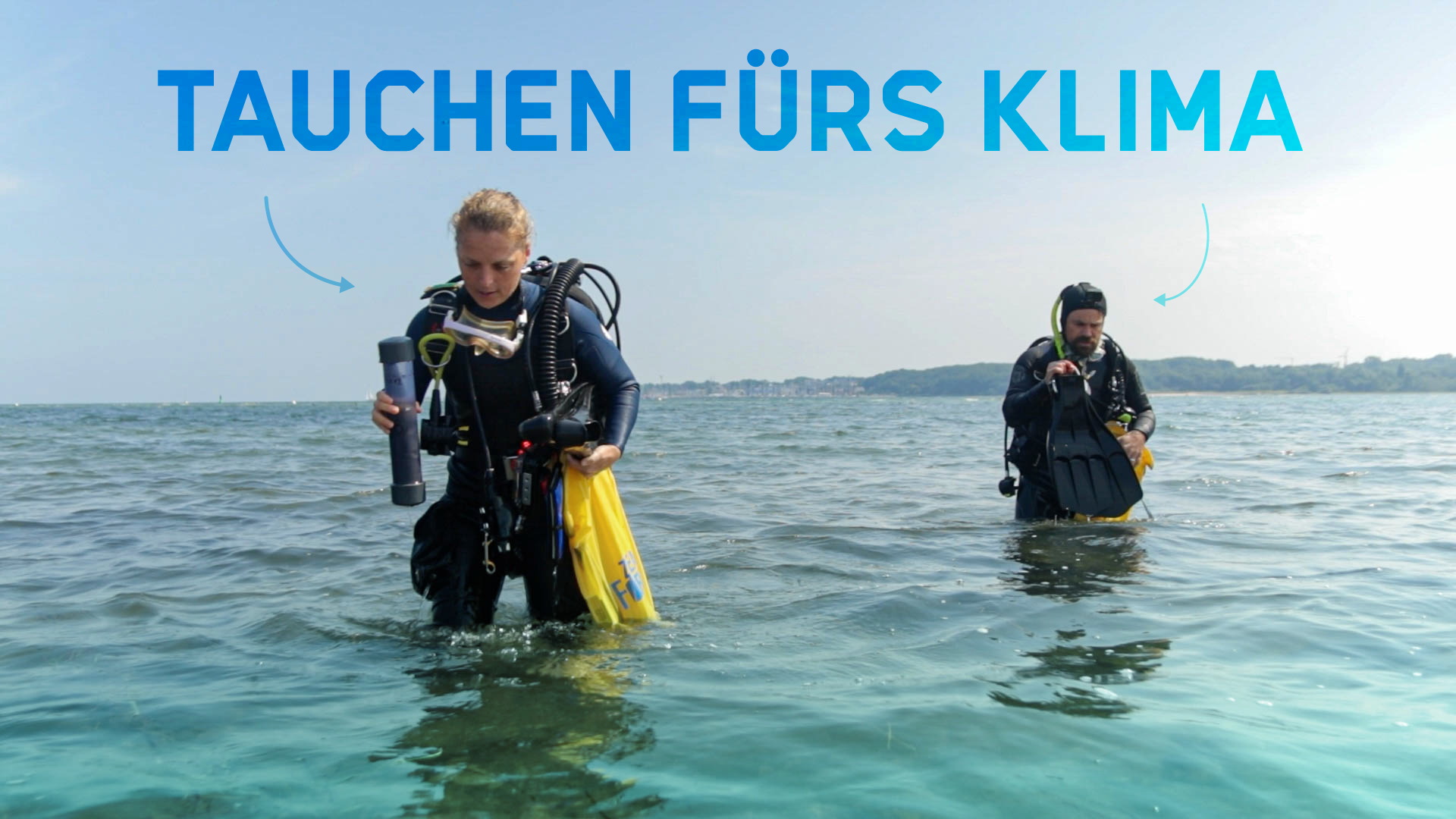
The IASS research group collaborated with Germany’s ministry of environmental affairs to draw up recommendations for German policymakers. These recommendations emphasize the importance of marine ecosystems that can store particularly large amounts of carbon, such as seagrass beds and mangrove forests. Experts refer to this ocean-stored carbon as blue carbon.
“Preserving and restoring ecosystems that store blue carbon has many benefits for both climate action and the preservation of endangered species and habitats,” said Barbara Neumann, Senior Research Associate at the IASS.
Scientists at the Alfred Wegener Institute, the Helmholtz Center Hereon and GEOMAR are investigating how much carbon can be stored by the seagrass beds in the North Sea and the Baltic Sea. Preserving these green underwater habitats helps to store more CO2 and enhance biodiversity. Where they once were but have disappeared, these ecosystems can be restored. But it is much more effective to simply protect them.
“The use of oceans and coasts will intensify enormously in the coming decades ahead,” said Corinna Schrum, Director of the Institute of Coastal Systems at Helmholtz Center Hereon, noting climate change mitigation measures such as the expansion of offshore wind farms. “This makes it important that we scientists identify the potential of oceans and coasts, assess the consequences of human activity, and develop effective protective strategies.”
“To gain a comprehensive understanding of the oceans, even more intensive research is required. We need large amounts of robust data that we can use to improve our climate and Earth system models,” said Visbeck. “With what we call digital twin oceans – virtual ocean models we can use interactively to test different scenarios – we’re already establishing an initial interdisciplinary approach for making informed and scientific decisions about the real-world twin.”
The United Nations also wants to promote ocean research and has dubbed the decade through 2030 the Ocean Decade.
Do you have questions about the oceans and the climate? Ask an expert.>
